Latest DePIN News
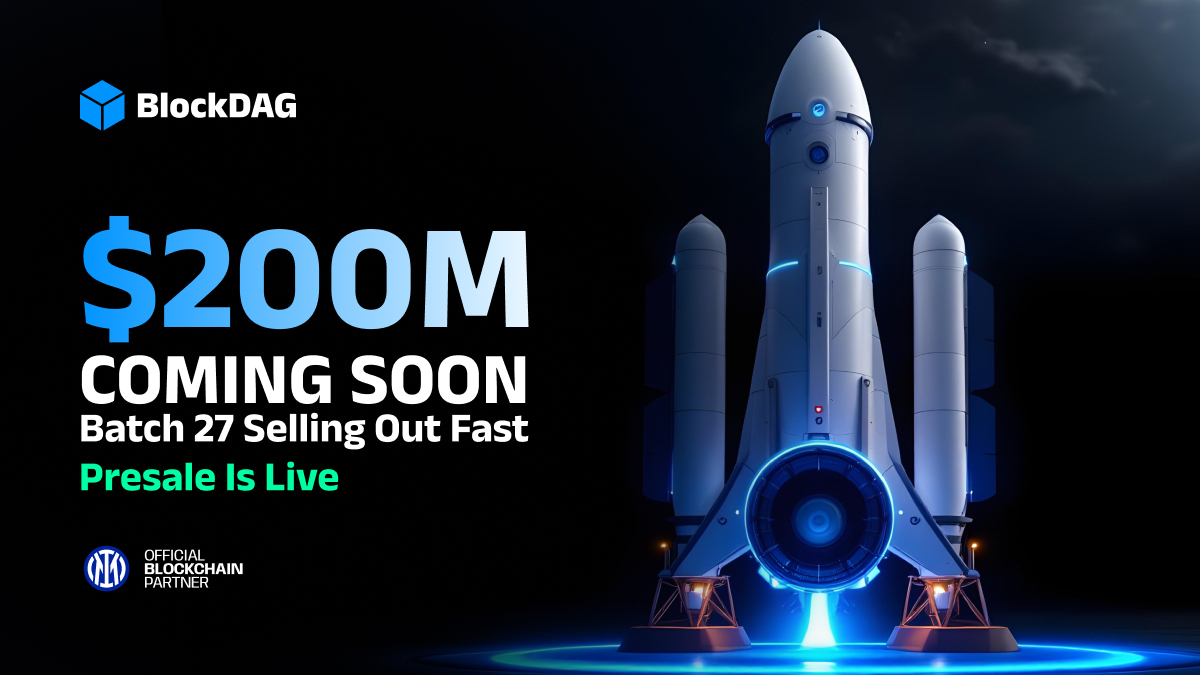
9 months ago
Crypto Market Insights: Filecoin, Mantle, and BlockDAG's Rapid Growth
Crypto traders are keenly monitoring the latest developments in the fastest-growing crypto projects, particularly focusing on Filecoin, Mantle, and BlockDAG. Filecoin is currently testing a critical support level at $3.38, which is pivotal for its short-term trend. A rise in trading volume by 16% indicates increased interest among traders, and the formation of an ascending triangle suggests a potential price surge if it maintains above this support. However, a drop below $3.30 could lead to a decline towards $2.92, as the 200-day EMA reflects bearish sentiment despite the possibility of a rebound if support holds.
In contrast, Mantle has shown a robust recovery, with a 4% increase in value over the past day, bringing its market cap to $3.557 billion. The positive convergence in the Simple Moving Average and a sharp rise in the Relative Strength Index (RSI) indicate sustained bullish momentum. If favorable market conditions persist, Mantle could break through the resistance at $1.0750, potentially reaching $1.2730. Conversely, a bearish shift could see it retesting support at $0.9150 or dropping to $0.7625, highlighting the volatility in its price trajectory.
BlockDAG's presale has emerged as one of the most successful in recent crypto history, surpassing $199 million and nearing its $600 million target. Key drivers of this growth include the X1 Miner App, which has attracted over 500,000 active users, and a partnership with Inter Milan, enhancing its global visibility. Analysts predict that BDAG could reach $1 by the end of the year, offering an astonishing ROI of 3,932%. With the mainnet launch scheduled for 2025, the demand for BDAG is surging, making this an opportune moment for traders to engage with this rapidly expanding project.

9 months ago
HashPower Secures $50 Million Investment for $HPX at AI & DePIN Powerhouse Event
HashPower recently announced a significant milestone by signing a Memorandum of Understanding (MOU) that secures up to $50 million in investment for its token $HPX. This announcement was made during the AI & DePIN Powerhouse event held in Hong Kong, which attracted over 2,000 attendees, including industry leaders, investors, and innovators. The event featured engaging panels and discussions on the future of decentralized AI and infrastructure, emphasizing the importance of collaboration in driving technological advancements within the blockchain ecosystem.
The strategic partnership established through this MOU involves several key players in the industry, including Aethir, Network3, and IoTeX, among others. The collaboration aims to foster growth in the decentralized infrastructure space by focusing on resource sharing, joint research initiatives, and targeted investments. This initiative is expected to propel the development of AI-powered decentralized infrastructure, enhancing the capabilities and efficiency of various applications within the blockchain domain.
In addition to the investment announcement, the AI & DePIN Powerhouse event showcased innovative projects like Network3, which is building a decentralized Edge AI infrastructure, and Autonomys, a decentralized AI stack designed for high-throughput applications. The event highlighted the evolving landscape of crypto mining, AI, and decentralized hardware infrastructure, setting the stage for future advancements in these interconnected fields. HashPower continues to lead the charge in revolutionizing the mining industry, making it more accessible and transparent for participants worldwide.
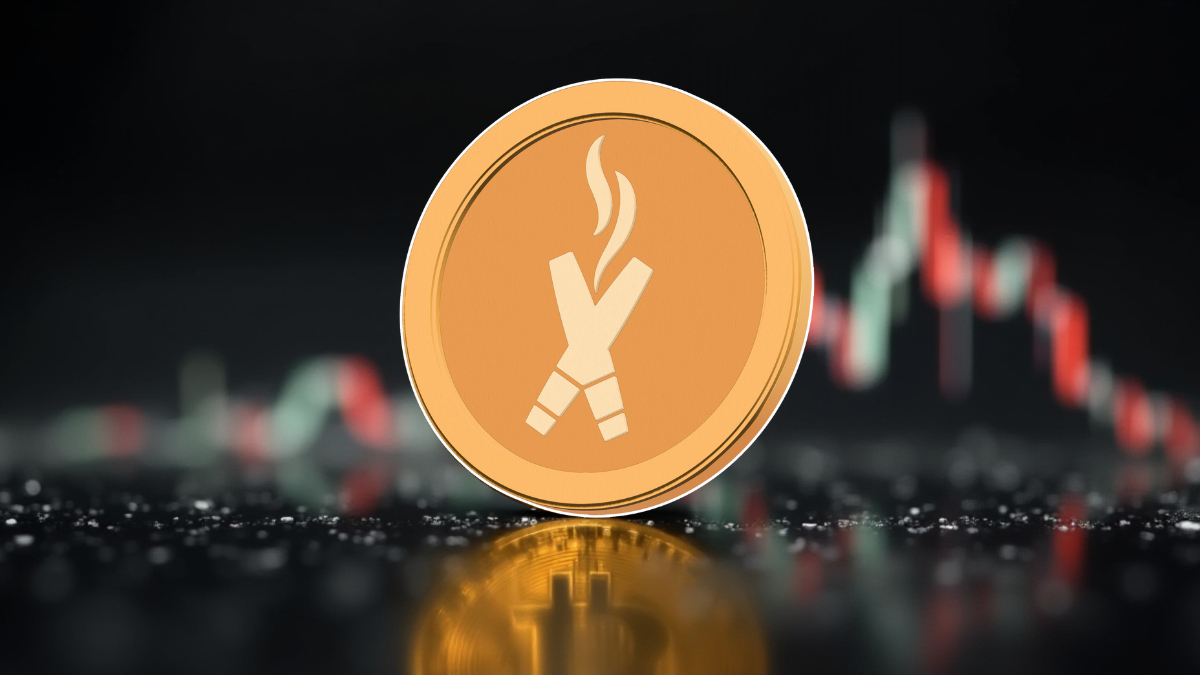
9 months ago
Top Cryptocurrencies to Watch: Investment Opportunities in the Evolving Market
The cryptocurrency market continues to attract a diverse range of investors, driven by the promise of significant market opportunities. As various crypto-enabled projects emerge, some have distinguished themselves through robust technological solutions and sustainable growth strategies. This article highlights five cryptocurrencies that are currently gaining traction, focusing on their unique features, tokenomics, and investment potential, which can guide investors in making informed decisions.
Among the notable projects is DexBoss (DEBO), which aims to simplify the decentralized finance landscape by offering an intuitive trading experience. With access to over 2,000 cryptocurrencies, DexBoss ensures liquidity and seamless transactions, which are crucial for both novice and experienced traders. The ongoing presale has already raised $586,984 towards its $750,000 target, with a current offer price of $0.011, significantly lower than the planned listing price. The platform's innovative buyback and burn mechanism enhances scarcity and drives long-term value appreciation for token holders.
Another project to watch is Aureal One (DLUME), a blockchain-based gaming platform that promises quick and secure operations tailored for play-to-earn environments. The presale has garnered $3,242,651 of its $4,500,000 target, with a nominal price of $0.0013. Additionally, yPredict (YPRED) leverages artificial intelligence to provide traders with data-driven insights, enhancing trading strategies. The Graph (GRT) plays a critical role in the blockchain ecosystem by facilitating efficient data indexing for decentralized applications. Lastly, VeChain (VET) enhances supply chain management through its dual-token system, making it a preferred choice for enterprises. Each of these projects presents unique investment opportunities in the evolving cryptocurrency landscape.
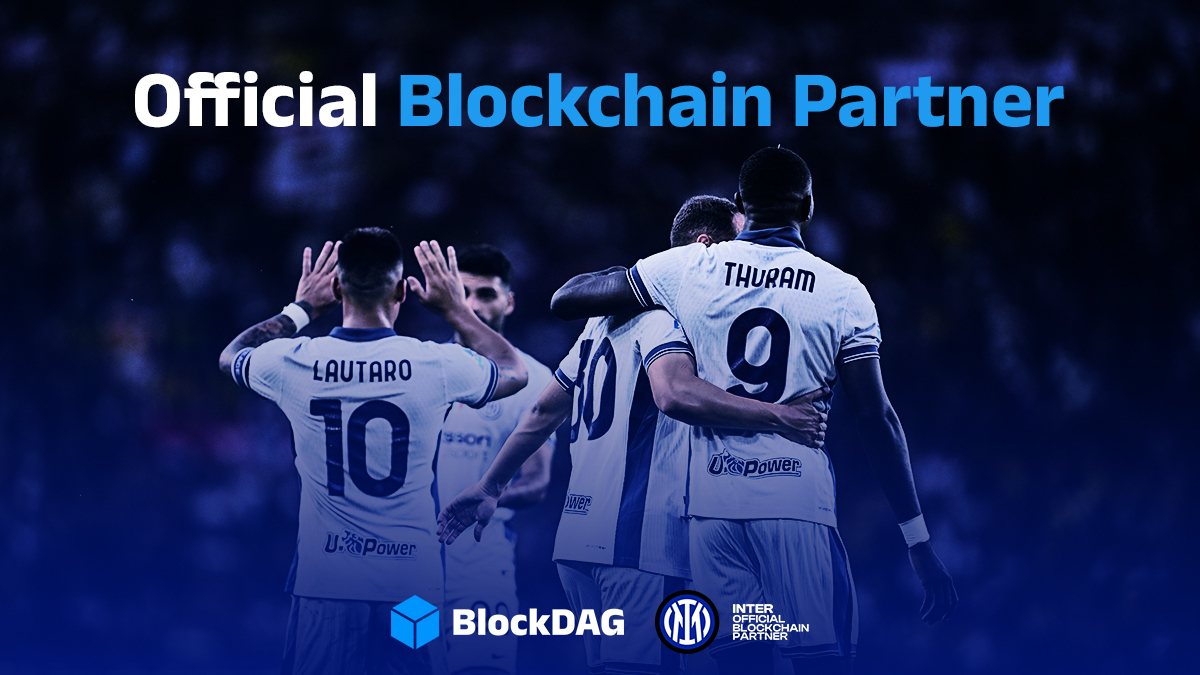
9 months ago
Top-Trending Cryptos: Aptos, Bittensor, and BlockDAG's Surge
In the ever-evolving world of cryptocurrencies, three coins have emerged as top-trending assets, each with its unique market dynamics. Aptos (APT) is approaching a critical price level of approximately $6.25, a point that has historically acted as both resistance and support. Analysts suggest that if Aptos rebounds from this level, it could surge towards $7.00. Conversely, a drop below $6.25 may lead to further declines, testing lower support around $5.875. Traders are advised to monitor this situation closely, as the outcome could significantly influence Aptos's short-term trajectory.
Meanwhile, Bittensor (TAO) is experiencing a bearish trend, currently priced at $410.70, with intraday losses of 4.58%. The coin is hovering near a crucial support level at $410, and if this fails to hold, it could plummet to the 300-250 range, marking a potential 49% decrease. The technical indicators, including the 50-day moving average crossing below the 200-day average, suggest a negative market sentiment, making it a precarious position for long-term investors.
On a more positive note, BlockDAG (BDAG) is witnessing a remarkable presale, nearing $200 million, bolstered by its partnership with Italian soccer club Inter Milan. This collaboration is not only enhancing fan engagement through exclusive content and digital collectibles but is also driving significant interest in blockchain technology. With analysts predicting a potential price of $1 by 2025, many traders are eager to invest in BDAG, currently priced at $0.0248. The growing adoption and impressive presale performance indicate that now may be the ideal time for investors to capitalize on this opportunity before prices escalate further.
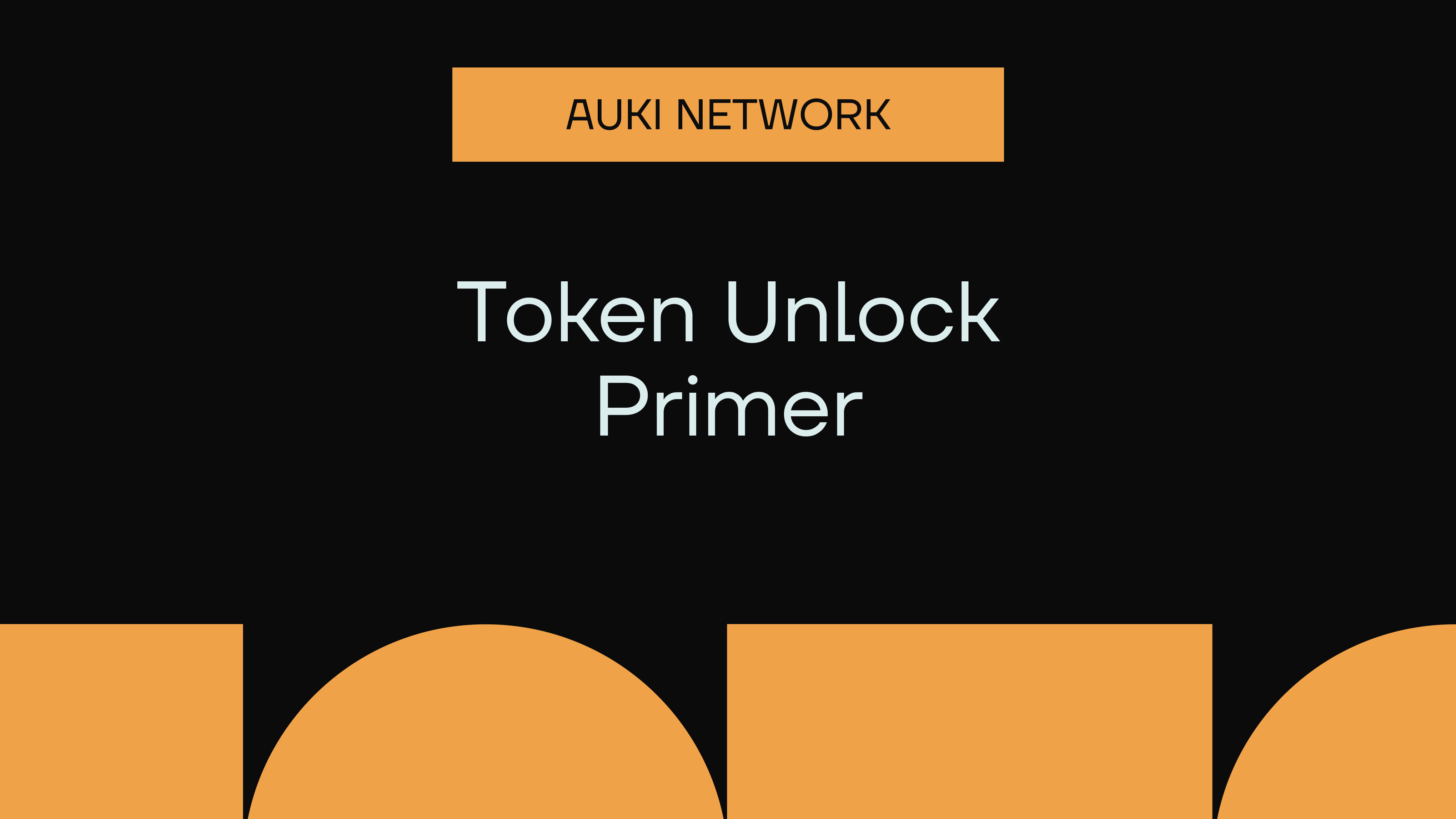
9 months ago
Auki Labs Unveils Token Unlock Strategy to Foster Long-Term Value
Token unlocks are a pivotal aspect of blockchain projects, necessitating meticulous planning to harmonize the interests of early investors, team members, and the community. While many stakeholders approach token unlocks with caution due to potential sell pressure, a thoughtfully crafted unlock schedule can alleviate these risks. Auki Labs has designed its unlock strategy to minimize token volatility while incentivizing long-term support from backers and team members. As the date for the final two allocations approaches, Auki Labs aims to inform its community about its unlock strategy, emphasizing the research that underpins their decisions.
Auki Labs is developing the Auki network, a decentralized machine perception network that facilitates secure and private exchanges of spatial data among digital devices. This innovative network aims to create a shared understanding of the physical world, unlocking new applications in augmented reality, robotics, and physical AI. The Auki network operates on a unique tokenomics model centered around the AUKI token, which allows participants to access network services and rewards contributors. The core mechanism of the Auki network is a Burn-Credit-Mint economy, designed to ensure stable provisioning and predictable service costs while fostering sustainable incentives for network participants.
To mitigate volatility, Auki Labs has implemented a daily linear vesting schedule for token allocations, avoiding large unlock events that could disrupt market stability. This strategy is backed by research indicating that smaller, more frequent unlocks correlate with reduced price impact. As the final allocations for the team and accelerator begin on February 28, the daily linear vesting will ensure that no single unlock event exceeds 1% of the circulating supply. Auki Labs is focused on driving adoption through real-world applications, emphasizing that the true value of the Auki network lies in its utility rather than early liquidity events. By prioritizing adoption and utilization, Auki Labs aims to create long-term value for its ecosystem.

9 months ago
Team Rizzo Secures $25 Million Insurance Coverage Against Hacking Risks
Team Rizzo, which operates subnets and validator services on Bittensor, has successfully secured $25 million in blockchain-based insurance coverage to mitigate hacking risks. According to Coindesk, this coverage was arranged by Native, a digital asset insurance broker specializing in protecting blockchain-related businesses. The insurance is specifically designed to safeguard Rizzo’s validator services and machine learning operations on Bittensor, an AI-driven cryptocurrency network. This move comes in response to the increasing threat of smart contract hacks, which can result in significant token losses, particularly affecting the network's proof-of-stake consensus mechanism. The urgency for such coverage is underscored by recent incidents, including a $1.5 billion loss suffered by Bybit, a major cryptocurrency exchange, due to hackers associated with North Korea.
Founded in 2019, Nexus Mutual has been a pioneer in providing blockchain-based insurance, encouraging its community to pool assets into syndicates that cover various crypto-related risks. Native, which manages one of the largest capital pools on Nexus Mutual, also connects clients to traditional insurance markets like Lloyd’s of London for specific crypto insurance needs. The rapid arrangement of the $25 million coverage for Team Rizzo has drawn attention, as it was completed in just four weeks. Native co-founder Dan Ross highlighted the significance of this achievement, noting that it is the first instance of Bittensor being underwritten. Team Rizzo's initiative to secure their own policy aims to instill confidence in potential validators, encouraging them to stake their assets with assurance.
This development reflects a growing trend in the cryptocurrency sector, where the demand for insurance solutions is increasing amidst the rising incidence of hacks and exploits. With limited insurance options available, especially in decentralized finance (DeFi) and staking, the swift response from Native demonstrates the potential for innovation in the insurance landscape. The introduction of tailored insurance products for blockchain projects not only enhances security but also fosters trust among users, ultimately contributing to the stability and growth of the cryptocurrency ecosystem.
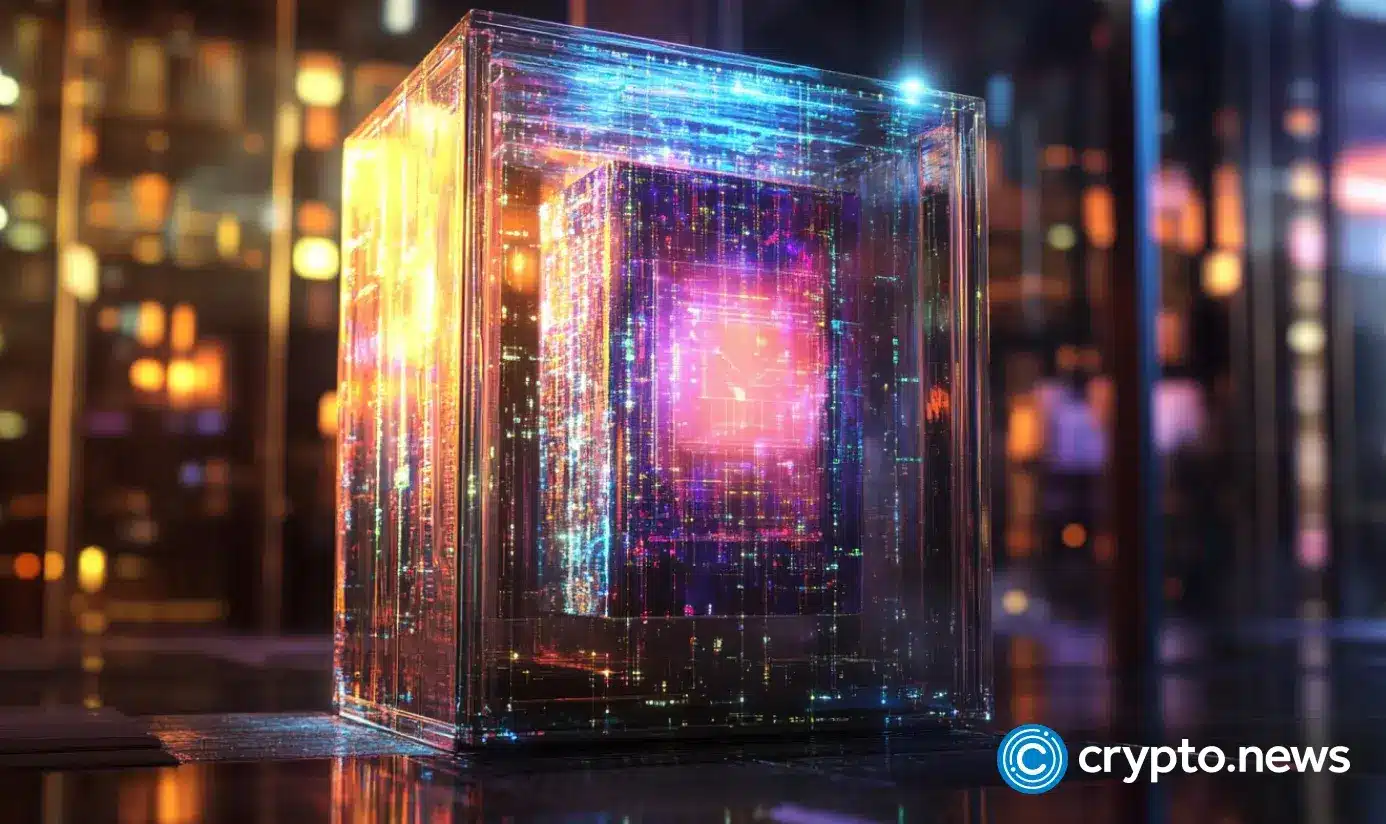
9 months ago
Fluence Launches DePIN Pledge to Promote Decentralized Infrastructure
Fluence has launched the DePIN Pledge, urging cryptocurrency firms and industry players to commit to utilizing decentralized physical infrastructure network solutions. This initiative is supported by prominent organizations such as IoTeX, Polygon, Helium, and Consensys. Fluence aims to encourage projects to publicly embrace decentralized infrastructure, fostering more transparent and resilient ecosystems. As the web3 and cryptocurrency landscape evolves, the importance of maintaining decentralization has become increasingly critical, especially in light of the growing reliance on centralized infrastructure by many projects.
The DePIN Pledge allows firms that commit to it to be listed in a public directory on the DePIN Pledge website, enabling users and traders to identify and support companies that prioritize decentralization. Additionally, participating projects will receive a manifesto and a DePIN Pledge NFT, which is auditable on the Ethereum blockchain. This NFT serves as a symbol of their commitment to decentralization and can be showcased across various platforms and social media channels. Major crypto firms, including Infura, Outlier Ventures, and Blockscout, have also backed this initiative, highlighting a collective effort towards a decentralized future.
Tom Trowbridge, Co-Founder & CEO of Fluence, expressed enthusiasm for the pledge, noting that it marks the beginning of DePIN adoption. He anticipates a diverse range of DePIN products and services emerging in the coming years. Clemens Wan, global solutions architect at Consensys, echoed this sentiment, emphasizing the need for decentralized infrastructure that aligns with the core values of web3. The DePIN Pledge represents a significant step towards ensuring that the foundational services of the industry reflect the principles of decentralization, ultimately realizing the full promise of web3.
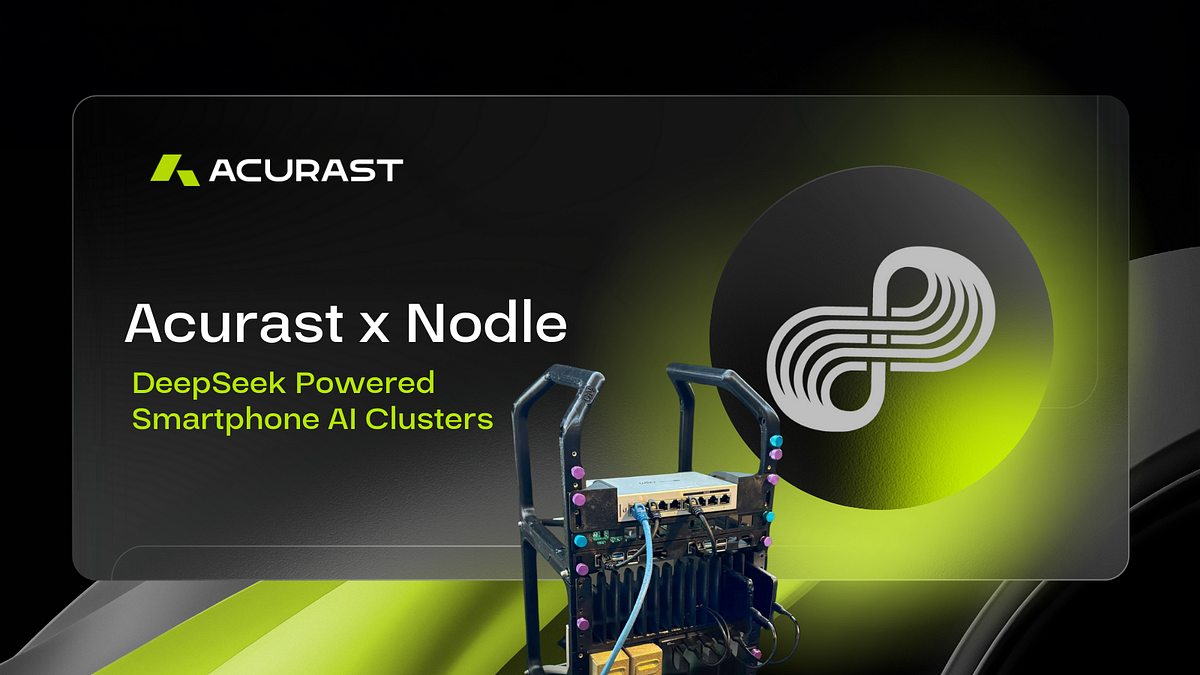
9 months ago
Acurast Integrates with Open Node Project to Enable Decentralized AI Clusters
Acurast has announced an exciting integration with the Open Node Project (ON), a collaborative open-source initiative developed alongside Nodle. This project aims to empower individuals to create decentralized AI clusters using repurposed smartphones, significantly enhancing self-sovereign computing and decentralized infrastructure (DePIN). By transforming old smartphones into AI compute nodes, Acurast leverages ARM processors and Trusted Execution Environments (TEE) to allow developers to efficiently deploy large language models (LLMs) such as DeepSeek AI.
The deployment process for an Acurast AI cluster is straightforward. Users need to gather smartphones equipped with ARM processors and TEE, connect them to power sources, USB hubs, and networks, and install the Acurast app from GitHub. After enabling USB debugging and registering each device, developers can deploy AI models and monitor their performance through the Acurast Dashboard. This innovative approach not only democratizes access to AI computing but also fosters a truly decentralized and scalable compute network powered by smartphones.
The significance of this integration lies in its potential to provide cost-effective AI solutions while eliminating reliance on centralized servers, thus promoting digital sovereignty. Acurast is at the forefront of decentralized computing, ensuring that both developers and users can leverage the power of mobile-driven AI clusters. With smartphones being the most trusted devices globally, Acurast is redefining decentralized compute, making it more accessible and secure than ever before.

9 months ago
Zuvu AI and Vana Partner to Enhance Decentralized AI in Bittensor
On February 26, Zuvu AI and Vana announced a strategic partnership aimed at enhancing decentralized artificial intelligence within the Bittensor ecosystem. This collaboration seeks to create a more open and financially sustainable AI environment by integrating various layers of the decentralized AI stack. Zuvu AI, formerly known as SocialTensor, brings valuable experience from scaling four Bittensor (TAO) subnets, while Vana contributes its innovative user-owned data network, recently advised by Binance founder Changpeng Zhao. Together, they aim to test a new model of AI development that emphasizes collaboration and sustainability.
Art Abal, Managing Director at Vana Foundation, highlighted that the partnership effectively integrates Vana’s data layer, Bittensor’s subnet network, and Zuvu’s economic layer to enhance Vana’s DataDAO ecosystem. This integration addresses significant challenges in AI development by allowing models, agents, and data to be invested in, staked, traded, and monetized. With the AI market projected to reach trillions by 2032, this collaboration positions itself to create new opportunities in a rapidly expanding market, as Zuvu powers the AI economy layer.
The partnership's strategic integration into Bittensor leverages its incentive-driven network to scale AI development effectively. By merging user-owned data with permissionless computing and economic incentives, this collaboration reflects the disruptive nature of decentralized finance (DeFi) in traditional finance. The partnership is expected to enhance the diversity of Bittensor’s subnets, support the expansion of Vana’s DataDAO, and establish Zuvu as a leader in AI financialization, potentially influencing industry practices. This initiative aligns with the growing trend toward open-source artificial intelligence and responds to the demand for alternatives to centralized AI giants.
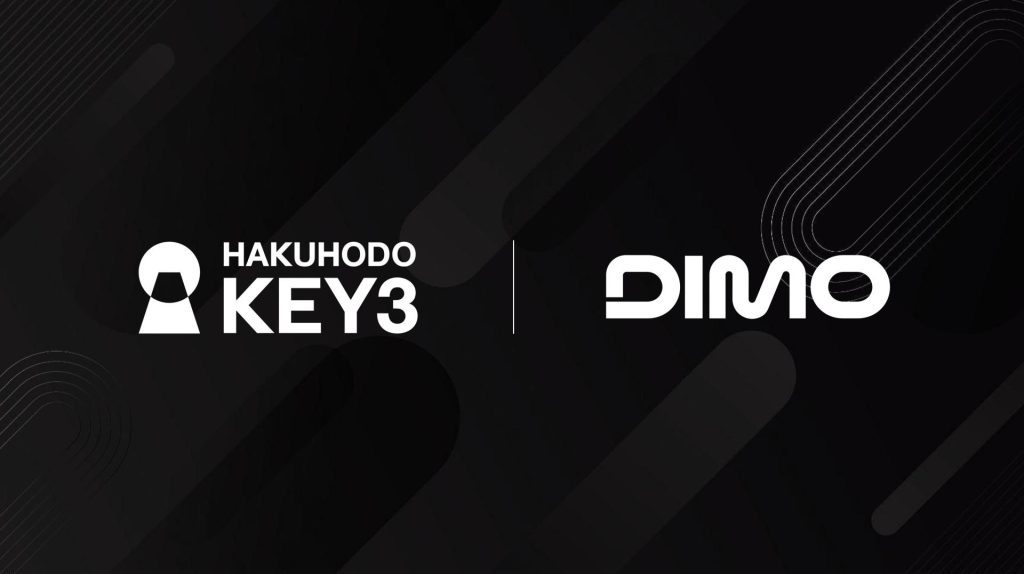
9 months ago
HAKUHODO KEY3 Partners with DIMO to Revolutionize Automotive Data in Japan
On February 26th, 2025, HAKUHODO KEY3 Inc., based in Tokyo, announced a strategic partnership with the DIMO Foundation to enhance the connected car experience in Japan. This collaboration aims to develop innovative products and services utilizing blockchain technology within the automotive sector. DIMO, a DePIN (Decentralized Physical Infrastructure Network) project founded in the US, focuses on addressing challenges in the automotive industry by creating a decentralized ecosystem that interlinks digital and physical infrastructures. This partnership signifies a significant step towards integrating web3 technology into the automotive landscape in Japan.
DIMO's Co-Founder, Alex Rawitz, emphasized the importance of collaboration in building a connected vehicle future, stating that HAKUHODO KEY3's extensive connections within the automotive industry make them an ideal partner. The partnership is expected to facilitate the implementation of DIMO's platform in Japanese vehicles, allowing drivers to connect their cars to a data ecosystem. This initiative aims to provide users with greater control over their vehicles and data, enhancing privacy while creating new services and economic opportunities.
HAKUHODO KEY3's CEO, Toshinori Shigematsu, expressed enthusiasm for the collaboration, highlighting the potential of DIMO's technology to drive mass adoption of web3 solutions. As the automotive industry evolves, this partnership represents a pioneering effort to merge traditional automotive practices with cutting-edge blockchain innovations. Both companies are committed to fostering a seamless integration of web3 technologies, ultimately aiming to improve customer experiences and contribute to the growth of the automotive market in Japan.
Signup for latest DePIN news and updates